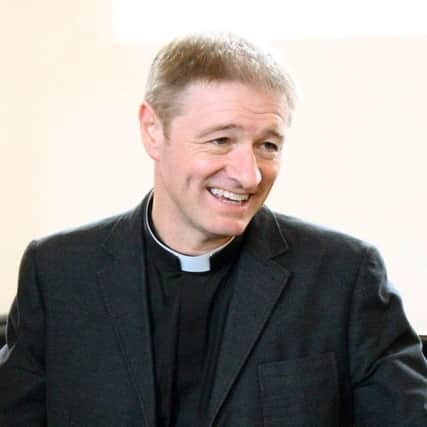Priest training is like living a double life


I first felt called to become a clergyman when I was just 19 years old, but my life ended up following a rather different path.
I’ve worked in education, including being a headteacher, over the past 30 years, before finally taking the plunge to become a ‘Reverend’, as God had initially called me to do.
Advertisement
Hide AdAdvertisement
Hide AdI am now living a double life – at least, that is what it feels like. My paid job is to advise and support Church of England schools, which draws on my professional experience and takes me all over Hampshire and the Isle of Wight.
My unpaid role is to be a trainee priest, otherwise known as a curate, for the next three years or so. I am part of a team of ministers covering North End, and I have particular responsibility for St Francis Church in Hilsea.
It is certainly an exciting time to be joining the North End Team Ministry, as we are rethinking our entire vision for how our three churches – St Francis, St Mark’s and St Nicholas – can operate effectively in the heart of North End.
I’m hugely passionate about the idea that the church needs to find new methods of engaging meaningfully with their communities, because I think that the Christian story and the values which derive from it have just as much importance now as they have ever had.
Advertisement
Hide AdAdvertisement
Hide AdIn the troubled times in which we seem to be living, all the chaos of the modern world, I think it would be good for us to remind ourselves that compassion is one of the core values behind what it means to be British.
Of course, my current and previous roles have made me passionate about the difference that the church can make in serving local communities, especially through its Church of England schools.
The Church of England’s vision for its schools is based on the four principles of wisdom, hope, dignity and community.
We want our children to be thoughtful people who delight in learning new things, have a positive sense of what they can achieve, have respect for their self-worth and that of others, and are ready to make a significant contribution to the communities that they are such an important part of.
Really, when you think about it, those are personal characteristics that we would all do well to foster!